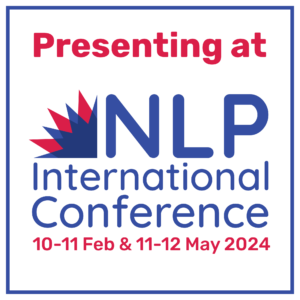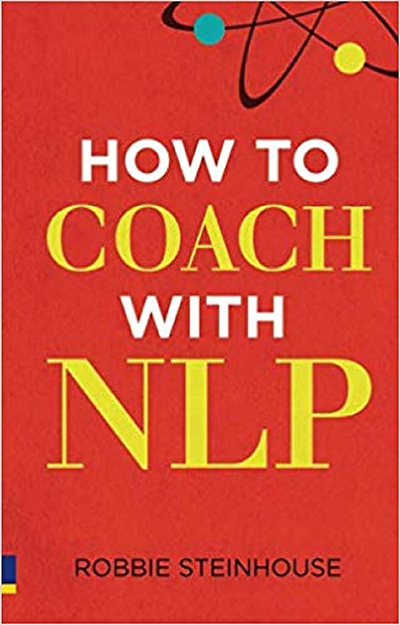How to Get Over Anxiety Using NLP Techniques

We live, we are told, in an anxious world. We’re anxious about our jobs, our families, our futures. This has been exacerbated by the current economic and global climate. So how can we ease our anxiety, and how can NLP help with this? I explore these questions, in this week’s post.
What light can NLP shed on?
Perhaps the most important light is that of context. Anxiety is a state and we have other states that we can choose to be in.
This is not to say that we should never be anxious. Anxiety is sometimes a helpful (and entirely reasonable) response to a situation.
After all, when that timeshare salesman says everything’s going to be fine (“just sign here, Sir”) anxiety is probably our best friend. But we don’t need to live the rest of our lives under anxiety’s spell.
NLP began with Bandler and Grinder’s analysis of arguably the two leading therapists of their era, Fritz Perls and Virginia Satir.
Their discovery, that questioning techniques could subvert ways in which patients made themselves anxious, was later codified into what NLP calls the ‘Metamodel’.
In essence, the patients had trapped themselves in ways of looking at and being in the world, ways which made that world an unnecessarily scary place.
Examples of the metamodel
Patients with anxiety often overuse what’s known as ‘moral’ vocabulary: ‘shoulds’, ‘oughts’, ‘musts’ and so on.
“I must work harder” is a common one encountered today – useful for building a career but expressed in those words, it can make people beat themselves up as ‘bad’ whenever they take a break, even when that is what they need more than anything else.
This inner, hypermoralistic world was often governed by nebulous forces. “People say if you don’t work hard you’re a lazy slob”. This meant there was no source they could turn round and challenge. Often such maxims contained totally unjustified assertions, such as prejudices or factual errors, which had never been questioned.
Getting rid of ‘ought’, ‘should’ and double binds
In early coaching sessions, I often find myself stopping clients as they tell me some ‘ought’ or ‘should’, and asking them to rephrase the sentence where it appears. The effect can be very liberating.
The long-term aim of NLP techniques for anxiety is to make clients their own coaches, enabling them to break down the walls of these self-made prisons all the time, not just in therapy.
Maxims and ‘facts’ accepted without criticism can be particularly anxiety-producing if they contradict each other. Such traps are known as ‘double binds’. A classic one is the belief that if you say no to people you are selfish, but if you say yes you’re somehow weak and passive. The scene is set for a kind of perpetual internal civil war…
NLP has powerful tools and techniques for exposing and unknotting anxiety and such double binds – and I’m particularly proud of having developed my own technique for this, Rescripting. I developed the process, incidentally, after realizing a particular double bind that had been bugging me for ages without my realizing it.
Phobias and anxiety
Phobias are a specific form of anxiety. Some psychologists believe they are the result of more general anxieties coming together around a certain issue – this is the Freudian view, for example.
In NLP, we take a different approach: phobias begin with specific traumatic episodes in childhood. As adults, we can unlearn them. This view is also held in Cognitive Behavioural Therapy, but NLP has its own phobia cure technique which I have used many times and which proves very effective.
The technique is not really one you can do to yourself, otherwise I would outline it here: but come to some NLP training and see it yourself.
Conclusion
Much of our modern anxiety is based on a nagging fear that we are not in control of our own minds. It’s the old gremlin of the Freudian unconscious, full of nasties. NLP takes a different approach to treating anxiety.
Yes, there is an unconscious mind. But it seeks to help us, even if it doesn’t always make a very good job of it.
NLP provides many ways of helping it help us better, and feeling a lot less anxious as a result.
Did you like this post?
Then check out our events and courses!
Where to find us
For posts, events, free open days and more, follow NLP School on:
What to read next
Change Your Life With the Rescripting Process
NLP Techniques: What Is the Meta Model?










